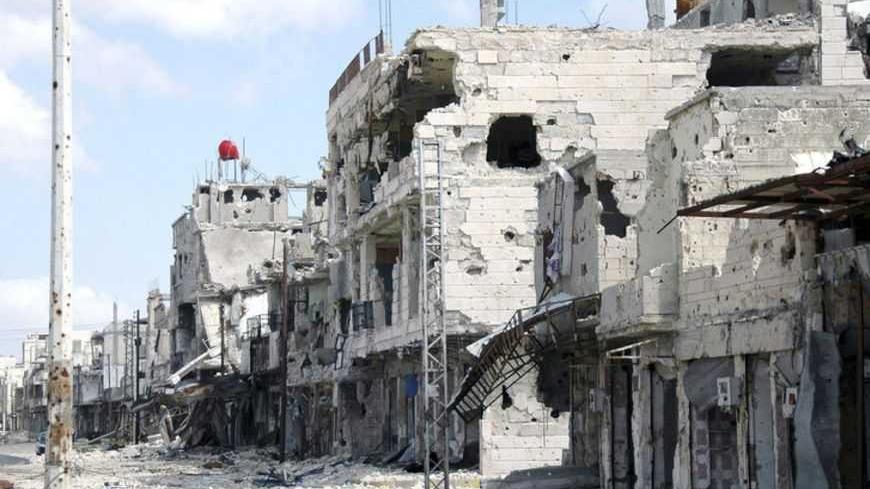These last weeks have been marked by a new diplomatic battle within the European Union over the question of lifting the current embargo on arms to Syria in order to raise the level of support to the rebels on the ground. The issue grew in earnest during an EU Summit in Brussels in mid-March when French President François Hollande stated straightforwardly, “We want the Europeans to lift the embargo on the weapons. Since we have to put pressure on and show we are ready to support the opposition, we have to go that far.” London is on the same page, as British Prime Minister David Cameron made similar statements in the days that followed.
The current EU arms embargo on Syria was imposed in May 2011, when the Assad regime was brutally suppressing the first peaceful protests. It included a ban on arms, military equipment and equipment which might be used for internal repression. It had already been slightly amended in February 2013 “to provide greater non-lethal support and technical assistance for the protection of civilians”.



